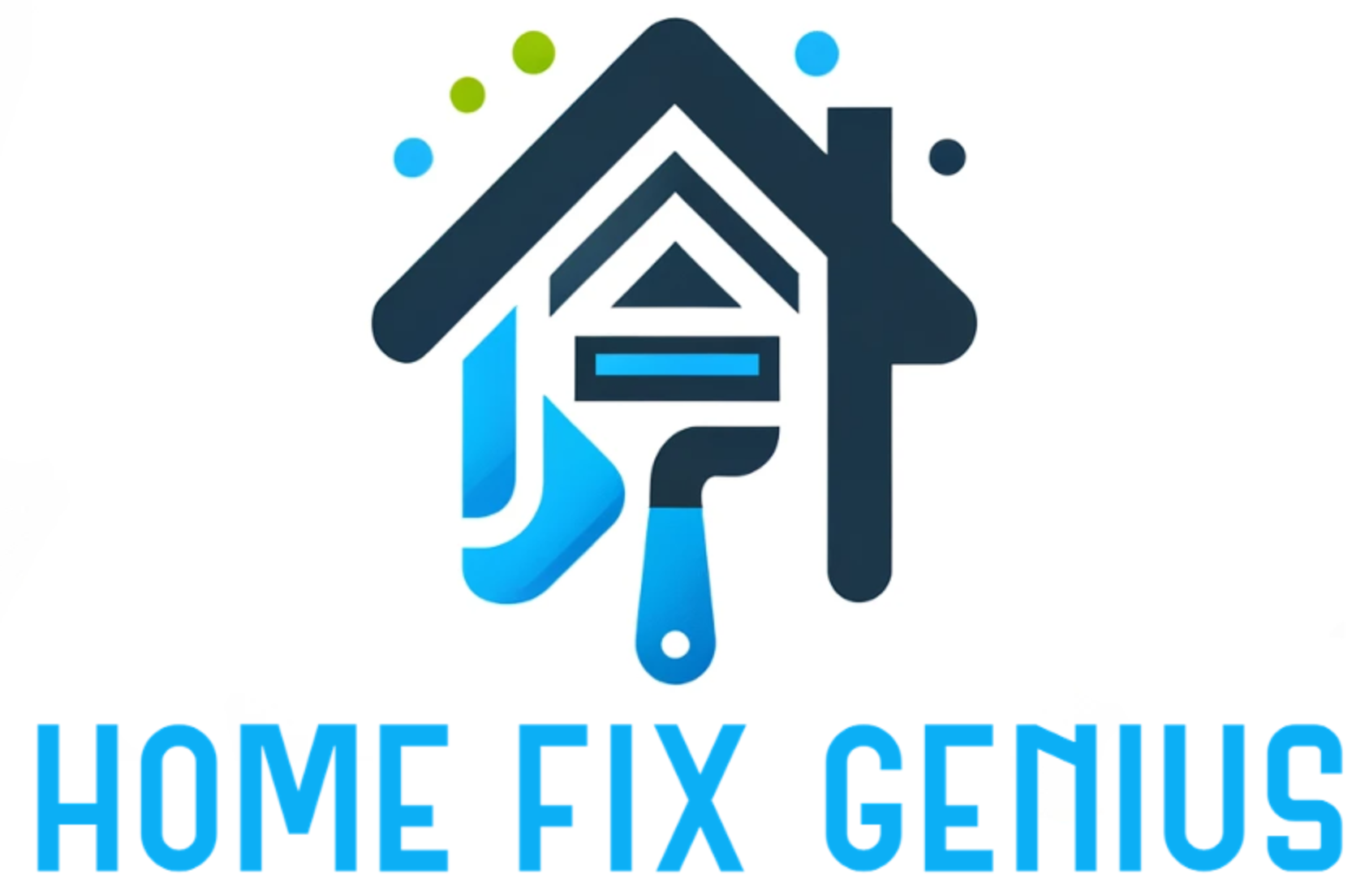
So, you’re ready to take the plunge and renovate your home. Congratulations! Whether it’s updating your kitchen, revamping the living room, or transforming your entire space, embarking on a home renovation journey is both exciting and daunting. But fear not! With the right tools and guidance, you can turn your vision into reality without the stress and overwhelm. Enter the Home Renovation Planner, your ultimate companion in navigating through the twists and turns of the renovation process. Planning ahead saves time, money, and sanity!
Understanding the Role of a Home Renovation Planner
What Exactly is a Home Renovation Planner?
Think of a home renovation planner as your personal project manager for all things renovation-related. This invaluable tool helps you stay organized, keep track of timelines, manage budgets, and coordinate with contractors and suppliers. Essentially, it’s your roadmap to a successful renovation project. It’s like having a trusted advisor by your side every step of the way.
Why Do You Need a Home Renovation Planner?
Imagine embarking on a cross-country road trip without a map or GPS. It would be chaotic, right? The same goes for home renovation. Without a solid plan in place, you’re setting yourself up for confusion, delays, and potentially costly mistakes. A renovation planner helps you stay on course, avoid common pitfalls, and ultimately achieve your desired outcome. It’s the difference between chaos and clarity.
Getting Started: Preparing Your Home Renovation Plan
Assessing Your Needs and Goals
Before diving into the renovation process, take some time to assess your needs and goals. What areas of your home require attention? Are you looking to increase functionality, enhance aesthetics, or both? By clarifying your objectives upfront, you’ll have a clear vision to guide your renovation journey. It’s like creating a blueprint for your dream home.
Setting a Realistic Budget
Ah, the dreaded B-word: budget. While it may not be the most glamorous aspect of renovation planning, setting a realistic budget is essential for keeping your project on track. Consider factors such as material costs, labor fees, and unexpected expenses, and allocate funds accordingly. Remember, it’s better to overestimate than underestimate. Budgeting is the foundation of a successful renovation.
Researching and Gathering Inspiration
Browse through home decor magazines, scour the internet for design inspiration, and visit home improvement stores to gather ideas for your renovation project. Creating a mood board or Pinterest board can help you visualize your desired aesthetic and communicate your vision to contractors and designers. Inspiration fuels innovation.
Creating Your Renovation Timeline
Breaking Down Tasks and Milestones
With your goals, budget, and inspiration in mind, it’s time to create a detailed renovation timeline. Break down the project into manageable tasks and assign realistic deadlines for each milestone. Consider factors such as lead times for materials, scheduling conflicts, and potential setbacks, and build buffer time into your schedule to accommodate unexpected delays. A timeline keeps you accountable and on track.
Prioritizing Key Areas
Unless you’re embarking on a full-scale renovation, chances are you’ll need to prioritize certain areas of your home. Whether it’s tackling the kitchen first or focusing on the master bathroom, identify the key areas that will have the biggest impact on your daily life and start there. It’s about making the most impactful changes first.
Executing Your Renovation Plan: Tips for Success
Hiring the Right Professionals
Choosing the right contractors and professionals can make or break your renovation experience. Do your research, ask for recommendations, and interview multiple candidates before making a decision. Look for experienced professionals who understand your vision and are committed to delivering quality workmanship. Quality over quantity matters.
Communicating Effectively
Communication is key to a successful renovation project. Maintain open and honest communication with your contractors, designers, and suppliers throughout the process. Clearly articulate your expectations, ask questions when in doubt, and address any concerns promptly to avoid misunderstandings or conflicts. Effective communication prevents headaches.
Staying Flexible and Adaptable
Despite careful planning, unforeseen challenges may arise during the renovation process. Stay flexible and adaptable, and be prepared to make adjustments as needed. Remember, flexibility is the key to overcoming obstacles and keeping your project on track. Adaptability breeds success.
Conclusion: Embrace the Journey and Enjoy the Results
Congratulations! You’ve successfully navigated through the home renovation planning process and are ready to embark on your renovation journey. By taking the time to create a solid plan, set realistic goals, and stay organized, you’ve set yourself up for success. Remember to stay patient, stay flexible, and most importantly, enjoy the process. Before you know it, you’ll be enjoying your newly renovated space and marveling at how far you’ve come. Cheers to your new beginning!

FAQs
What is the role of a home renovation planner?
A home renovation planner serves as your personal project manager, helping you stay organized, manage budgets, and coordinate with contractors and suppliers throughout the renovation process. It streamlines the renovation journey, ensuring efficiency and successful project completion.
Why do I need a home renovation planner?
A renovation planner helps you avoid common pitfalls, stay on track with timelines and budgets, and ultimately achieve your desired outcome without the stress and overwhelm. It provides peace of mind, allowing you to focus on the excitement of transforming your space.
How do I create a realistic renovation budget?
To create a realistic budget, consider factors such as material costs, labor fees, and unexpected expenses, and allocate funds accordingly. It’s also essential to factor in buffer funds for contingencies. Consulting with professionals and researching market prices can further refine your budgeting process.
What should I prioritize in my renovation plan?
Prioritize key areas of your home that will have the biggest impact on your daily life, such as the kitchen, bathrooms, or living areas. Start with areas that require immediate attention or those that align with your overall renovation goals. Focusing on functional spaces that enhance your lifestyle can yield the most satisfaction.
How do I ensure effective communication during the renovation process?
Maintain open and honest communication with your contractors, designers, and suppliers. Clearly articulate your expectations, ask questions when in doubt, and address any concerns promptly to avoid misunderstandings or conflicts. Regular check-ins and progress updates can foster a collaborative and transparent working relationship.
